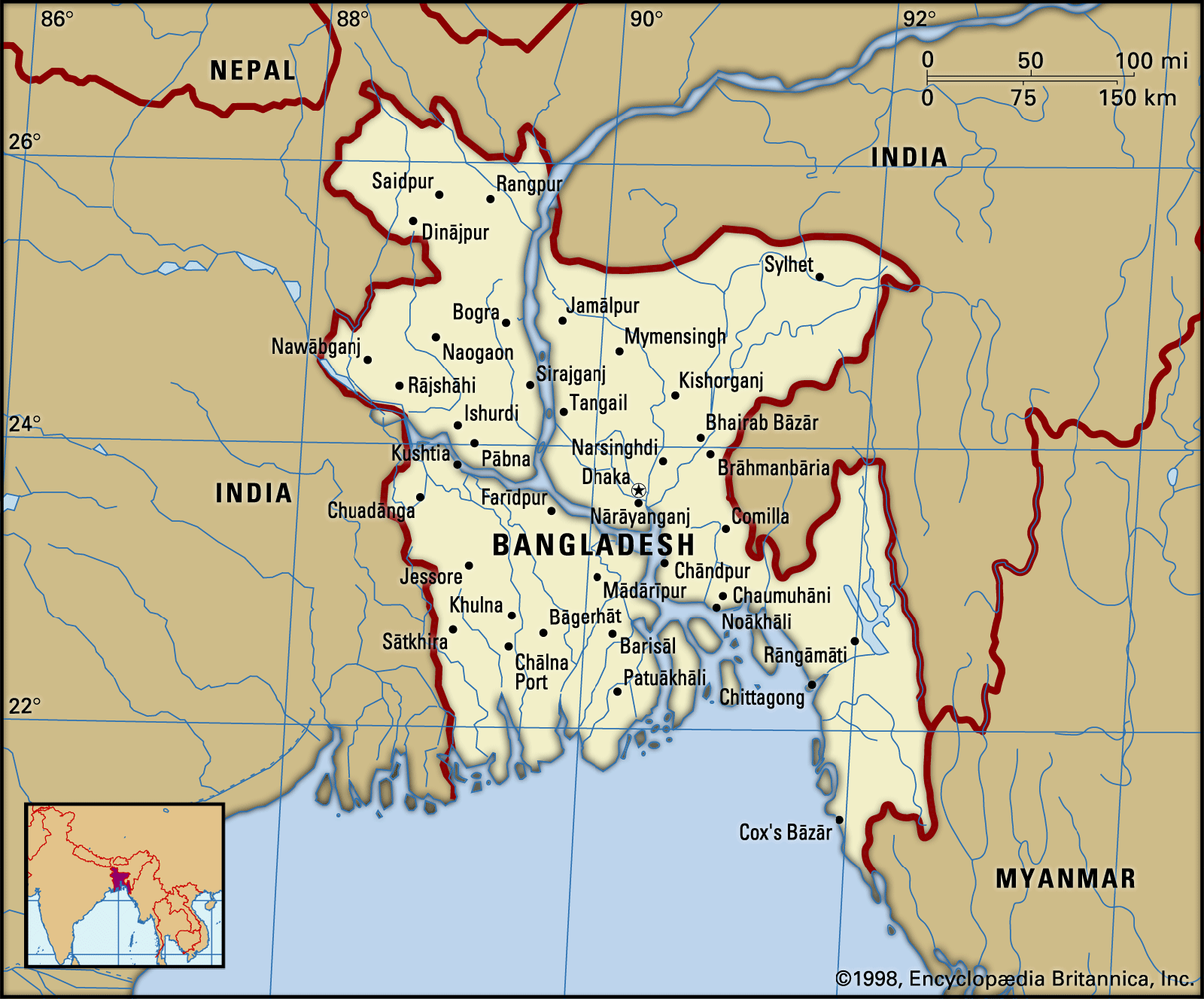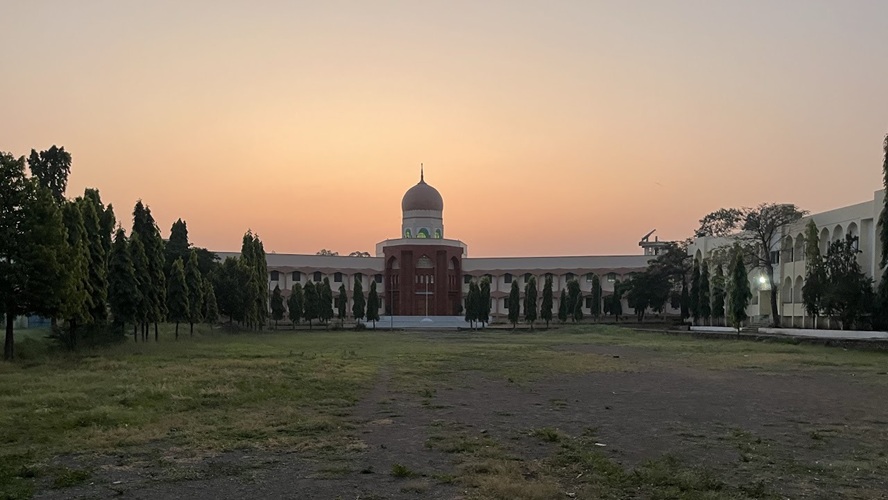Bangladesh, which was progressing with new strides and built with India’s military assistance, was now maturing. However, due to a sudden turn of events, Prime Minister Sheikh Hasina, along with her sister, has sought refuge in India and resigned from her post. Sometimes, the obsession with staying in power can bring one from the heights to the depths, as exemplified here. Dictators in democratic countries are always taught a lesson. Our Prime Minister Indira Gandhi also faced this. Bangladesh is our neighboring country, so we need to ponder over this as similar public outcries have brought change in Sri Lanka before.
The main reason emerging from this incident is that in democratic countries, winning elections is often achieved through fraud and conspiracies. But one day, all these tactics fail when the public finally takes action. Sheikh Hasina had been winning elections for the past three terms, but this time, the caretaker government system, which had always conducted the elections, was disregarded. This time, the elections were held as per Hasina’s wishes, and she won by a large margin, forming the government. This angered the opposition parties, and the public was puzzled about how the Awami League won. Similar signs were seen in India’s Lok Sabha elections, but the Election Commission did not act as arbitrarily, considering the anti-government sentiment. However, the revelation of a fraud involving five crore votes has caused public anger, evident from the fact that people are seeking solutions from opposition leaders instead of the government, showing their trust in them.
Similarly, Sheikh Hasina’s administration has been accused of systematically suppressing opposition voices and dissent. During her long tenure, incidents of arresting opposition leaders, attacking freedom of expression, and repressing dissenters have been rampant. Her government left no stone unturned in arresting opposition leaders and activists and suppressing protests. In recent protests, her government’s response was particularly violent, with reports of excessive force against demonstrators, resulting in many casualties.
She weakened democratic processes and institutions during her tenure, with accusations of election rigging and violence. Government agencies, on her orders, conspired to imprison or prosecute opposition leaders. From the police to other government agencies, the focus was more on entrapping opposition leaders. Due to concerns about impartiality, major opposition parties boycotted the elections this time, creating a strange situation in the country. Anger had been simmering for a long time, which eventually erupted.
Another issue that came to light was that the Hasina government had allocated job quotas to those whose family members had fought in the country’s 1971 liberation war, which sparked student anger. Protests erupted in many places. This student protest spread across the country, leading to violence. Although the Bangladesh Supreme Court abolished this quota, the country had already become inflamed. The opposition also fueled this movement, resulting in increased anger in Bangladesh. Reports of human rights violations, including forced disappearances and extrajudicial killings, have surfaced. International organizations documented these abuses, leading Western countries to impose sanctions on some security forces involved in these violations.
For the past three days, it seemed as if there was no government in Bangladesh. There was widespread violence, arson, and chaos. Eventually, the Prime Minister had to resign and flee to India.
If we consider the relevant aspects of this political incident in Bangladesh and reflect on our country, the situations are quite similar. Thus, cartoonists are sending a clear message to Modi Ji to be prepared to flee. Public satisfaction and happiness come from fulfilling the basic needs of life—food, clothing, and shelter—which are met not by promises but by providing employment. Free rations are not enough.
The outcome of not alleviating the sufferings of the people in Bangladesh and Sri Lanka and instead trying to secure power is evident. This is a significant lesson for the Indian government.






0 Comments